1. Flattening Your Classroom Walls with Global Projects: Teaching Global Competence Through Curriculum and Technology
|
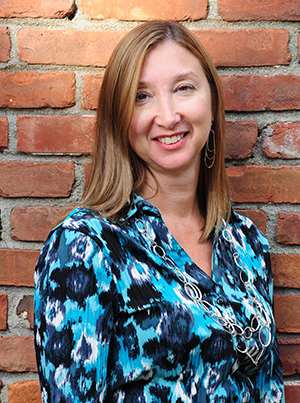 |
This workshop will provide you with information on the current trends in global education, ways to embed global collaboration into the curriculum, and resources for your own journey into flattening the walls in your school or classroom. You will be given time to explore some of the organizations that support global education and how you can use them. Embedding global collaboration into class content is a sound approach to deeply addressing your Common Core and curriculum needs in rich and authentic ways. Learn how tools such as Edmodo, Google+, blogs and many others provide windows into classrooms around the world. Discover how technology holds the key to bringing those opportunities to your students.
Lisa Parisi, MA, Elementary School Teacher who engages students in global projects using technology; Leadership Council Member, Discovery Educator Network; Blogger for the Global Classroom Project; Author, Making Connections with Blogging: Authentic Learning for Today's Classrooms (2012)
|
2. Transform Learning by Infusing Critical and Creative Thinking into Content Instruction in Reading and Writing
|
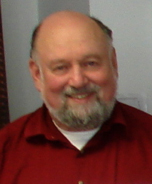 |
This workshop will emphasize how both reading and writing skill development can be dramatically enhanced by the infusion of the use of specific skills of critical and creative thinking. Based on his work on a project called "Thinking-Based Learning" with a team of teacher trainers worldwide, Robert Swartz will show the basics of this new instructional methodology through demonstrations of lessons developed and successfully taught by regular classroom teachers using this model.
He will emphasize instruction based on this model across the curriculum and grade levels and will show how it meets the common core standards. Lesson design materials, including special thinking strategy "maps" and graphic organizers used in this kind of instruction, will be made available to participants, and opportunities for participants to develop their own ideas for such lessons will be provided.
Robert J. Swartz, MA, Director, National Center for Teaching Thinking; Emeritus Professor at the University of Massachusetts at Boston; Author, "Energized Learning" (2008, Educational Leadership); Co-Author with Art Costa, Thinking-Based Learning: Promoting Quality Student Achievement in the 21st Century (2010), Thinking-Based Learning: Activating Students' Potential (2007) and Infusing the Teaching of Critical and Creative Thinking into Secondary Science: A Lesson Design (1998)
|
3. Common Core, Student Inquiry and Learning for the 21st Century
|
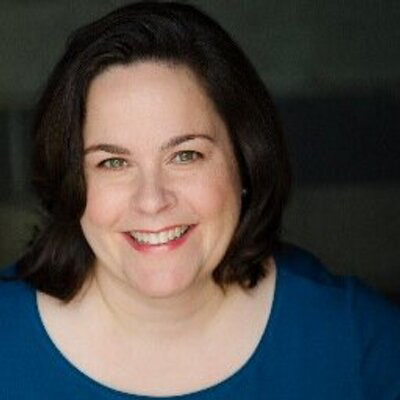 |
Critical thinking, collaboration and creativity are essential for student success in the 21st Century. The Common Core State Standards have been widely adopted and many school systems are now encouraging teaching methods that develop students’ deep understanding of content. To demonstrate this rigorous content knowledge, students must develop a complex and diverse skill set. This workshop will provide you with the techniques you need to help meet these new expectations in your K-12 classroom.
Katherine McKnight, PhD, MEd, Educator and Consultant; Author, The Common Sense Guide to the Common Cw3ore: Teacher-Tested Tools for Implementation (2014) and Common Core Literacy for Math, Science and Technical Subjects (2014)
|
4. From STEM To STEAM: How the Arts Can Enhance Instruction in Math and Science
|
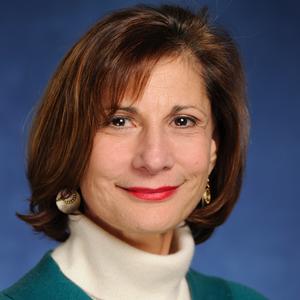
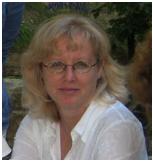
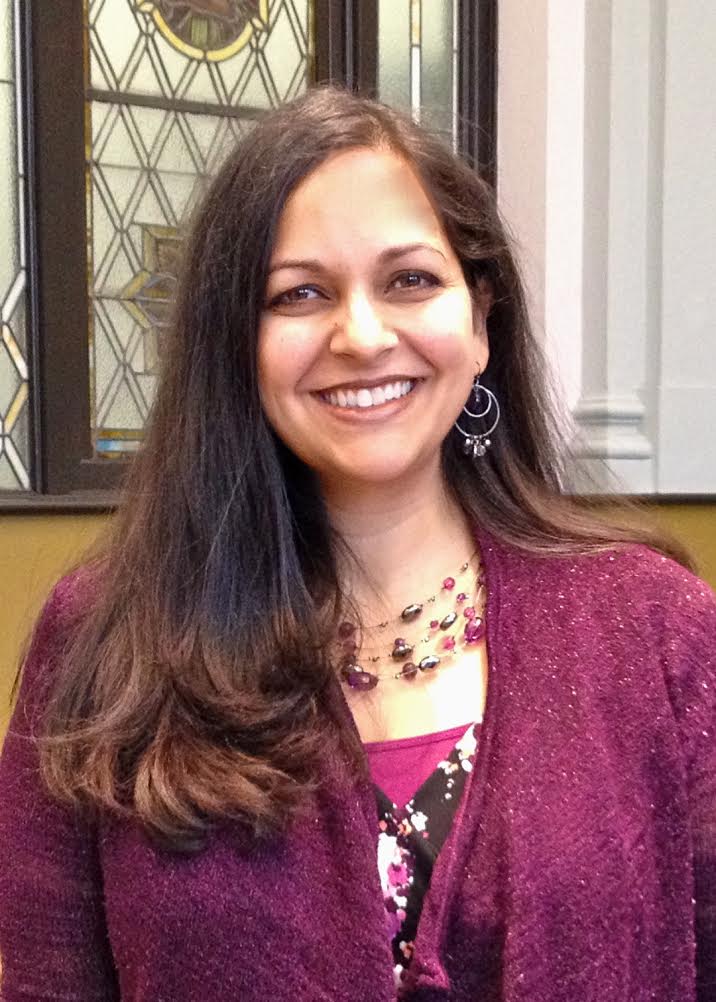 |
In this workshop, your instructors will share with you recent research on how the visual and performing arts, when used as a teaching tool in science instruction, enhances academic outcomes. They will demonstrate how they designed and tested curricular units using the same content in both traditional and arts-integrated instruction. They will share teachers’ perceptions of using the arts as a methodology for teaching STEM subjects. Finally, they will engage you in activities to infuse the arts into a STEM content area. Participants are invited to bring a unit, lesson plan or learning activity to change a STEM lesson into STEAM—one that integrates the arts.
Mariale Hardiman, EdD, Vice Dean, Academic Affairs; Professor and Director, Neuro-Education Initiative (NEI), School of Education, Johns Hopkins University; Author, The Brain-Targeted Teaching Model for 21st Century Schools (2012); Ranjini John Bull, PhD, Visiting Assistant Professor, School of Education, Johns Hopkins University; Clare O’Malley Grizzard, MA, Arts Integration Specialist, Baltimore City Public Schools
Clare O’Malley Grizzard, MA, Fine Arts coordinator and Arts Integration Specialist, Baltimore City Public Schools; Adjunct Faculty at Johns Hopkins University and The Maryland Institute College of Art; Named MAEA Maryland's "Elementary Art Educator of the Year" and the MetLife "Ambassador in Education"
Ranjini M. JohnBull, PhD, Visiting Assistant Professor, Johns Hopkins University School of Education; Author of the paper, The Relationship Between Cultural Competence and Teacher Efficacy (2012)
|
5. Advancing 21st Century Thinking Using Research on the Brain
|
 |
This workshop will address key lesson design components that support 21st Century learning. While school leaders express resolve about preparing students for the 21st Century, they still grapple with how to get out of the old paradigm of classrooms with compliant learners and a test-taking culture. Dr. Armstrong will demonstrate how you can transform your teaching and help prepare 21st Century thinkers by applying insights from research on the brain and learning. Numerous strategies and tools will be provided, including checklists for use by educational leaders, teachers and students, that will help you assess 21st Century thinking skills.
Sarah Armstrong, EdD, Director of the Master of Arts in Education Program, Eastern Mennonite University; President, Neuro-Education Consultants; Author, Teaching Smarter with the Brain in Focus (2008) and Practical Guide to Tiering Instruction in the Classroom (2010)
|
6. Teaching, Raising and Engaging Teenage Brains in the 21st Century
|
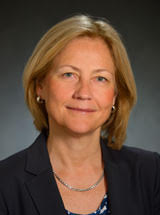
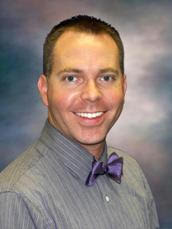 |
The latest research in brain development points to the incredible capacity for change. The most amazing change in the human brain occurs during the teenage years. In this two part workshop, you will learn from two experts on teen brains and learning. Internationally respected neurologist Frances Jensen, MD, will offer you a revolutionary look at the brains of adolescents and surprising insights on why smart teens do stupid things and the effects of technology, multitasking and academic stress on learning today. She will present new findings, dispel widespread myths, and will provide practical suggestions for raising and teaching teens and helping them negotiate today’s fast changing, difficult and dynamic world. Educator John Almarode will discuss ways teachers can capitalize on the teen brain’s ability to change, will explore ways to use technology to engage teen brains, and will model ways in which you can teach to improve teen thinking and learning.
Frances E. Jensen, MD, FACP, Professor and Chair, Department of Neurology, Perelman School of Medicine, University of Pennsylvania; Co-Author, The Teenage Brain: A Neuroscientist’s Survival Guide to Raising Adolescents and Young Adults (2015); John T. Almarode, PhD, Department Head and Assistant Professor, Educational Foundations and Exceptionalities, College of Education, James Madison University; Co-Author, Engaged Instruction: Thriving Classrooms in the Age of the Common Core (2014)
|










